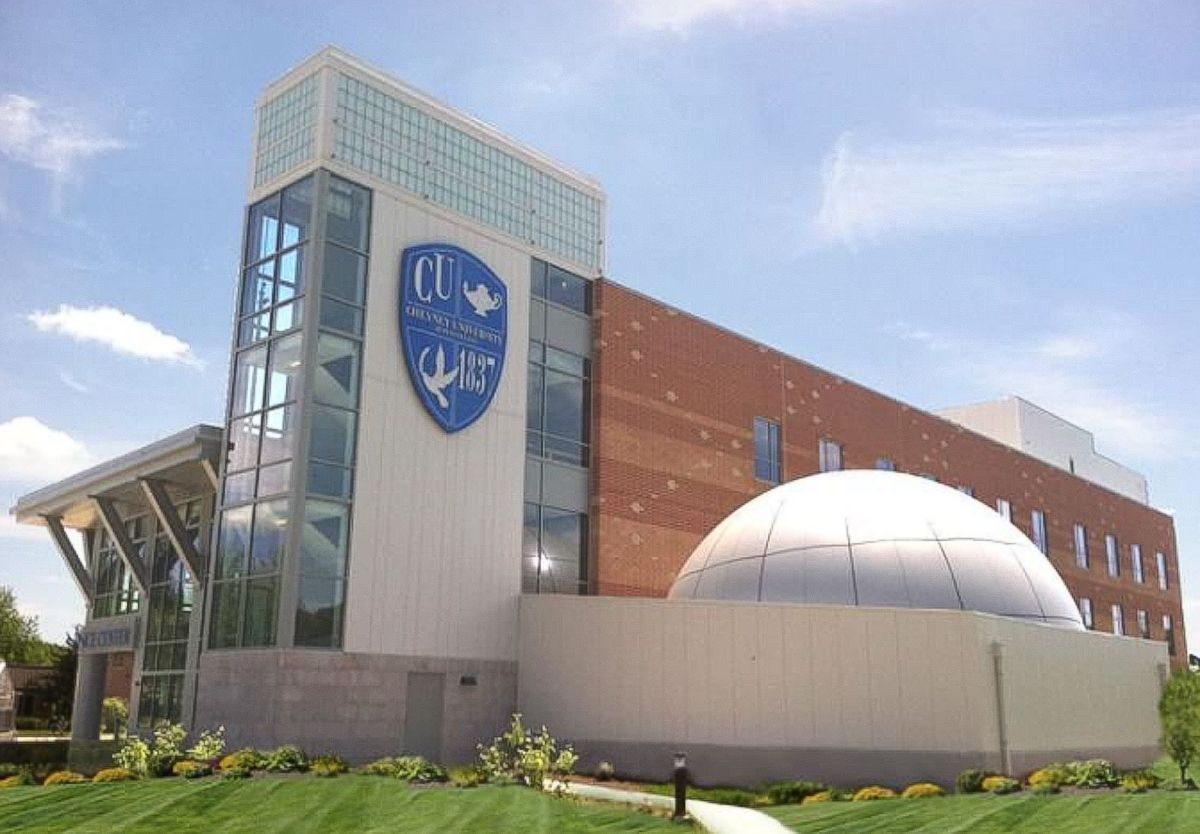Cheyney University is planning to launch an innovative STEM building on campus! Learn more about the new Life Sciences and Technology hub from the release at the The Philadelphia Tribune below.

Cheyney University has announced plans to launch a Life Sciences and Technology hub.
The news comes as the enrollment for students majoring in science, technology, engineering and mathematics (STEM) has been growing at the nation’s first HBCU.
The funding for the hub will come from a Title III FUTURE Act Grant from the U.S. Department of Education.
“The program will afford students the opportunity to engage more deeply with the faculty and our corporate partners and help them prepare for and explore career options,” said Cheyney President Aaron A. Walton in a statement.
“This is exactly the vision we had in mind when we began inviting partners to locate on campus over two years ago,” he added.
Cheyney has recently seen an increase in students majoring in STEM from 13% in 2017-18 to 25% entering the fall 2021 semester.
The university’s goal is to have 30% of its student body majoring in biosciences and technology within four years.
Walton believes that having the hub makes the target for the university more realistic.
“We have almost doubled the percentage of students majoring in STEM in four years,” Walton said. “With the assets we have put into place, there is every reason to believe we can increase that figure and surpass our goal in these next four years.”
Located in the university’s Science Center, which is equipped with state of the art laboratories in biology, chemistry and computer science as well as a faculty research laboratory, the hub will provide programming designed to support science students, connecting them with resources and guidance to help them acclimate to scientific studies and career work.
STEM tutorials will also be available this fall through the hub to support academic progress.
“Our faculty are here from our Natural and Applied Sciences Department,” said Vanessa Atkins, director of the life science and technology hub. “Our students are getting additional tutoring and really getting all of the support that they need.
“This is also an opportunity for our students to be in a space where there are professionals from different industries,” she said. “The hub brings together all of these resources and helps our students to focus on their own success and taking ownership of that.
“It’s all about them working toward building skills, having experiences and moving toward their career goals,” she added.
The hub marks the culmination of Cheyney’s efforts to recruit private biological, chemical and other STEM companies to the university’s campus.
Mosaic Development Partners has been working with Cheyney to bring partners to the university.
Eight companies have either set up shop on the college campus or will establish operations in the coming months, creating numerous paid, hands-on internship opportunities.
Some of the companies already housed in Cheyney’s Science Center include ASI Chemicals Inc. (pharmaceuticals), SureBiochem (lab testing), Navrogen (cancer research) and Epcot Crenshaw (analytical services).
American Additive Manufacturing (large-scale 3D printing) and Advanced Alchemy labs (hemp farming and processing) will come to the campus in the future.
Cheyney also has an ongoing partnership with the Wistar Institute with the goal of expanding life science research education, training and business development opportunities in Pennsylvania.
Cheyney students will work directly with all of the companies.
“We want our students to benefit from the partnerships that we have by giving them the opportunity to connect with professionals who understand the job as well as have them be exposed to different types of work in the STEM field,” Atkins said.
“That includes having our partners be guest speakers for particular courses and having our students participate in internships where they have the opportunity to go in and be a part of the work that our partners are doing in their lab,” she added.
Atkins said what she wants students to take away from the life science and technology hub is that they can be STEM professionals.
“We want our students to know that they can have a career in STEM and it’s not beyond their grasp,” Atkins said. “We want them to go into these spaces knowing that they have the experience and skills to contribute and make a difference in their communities.”



